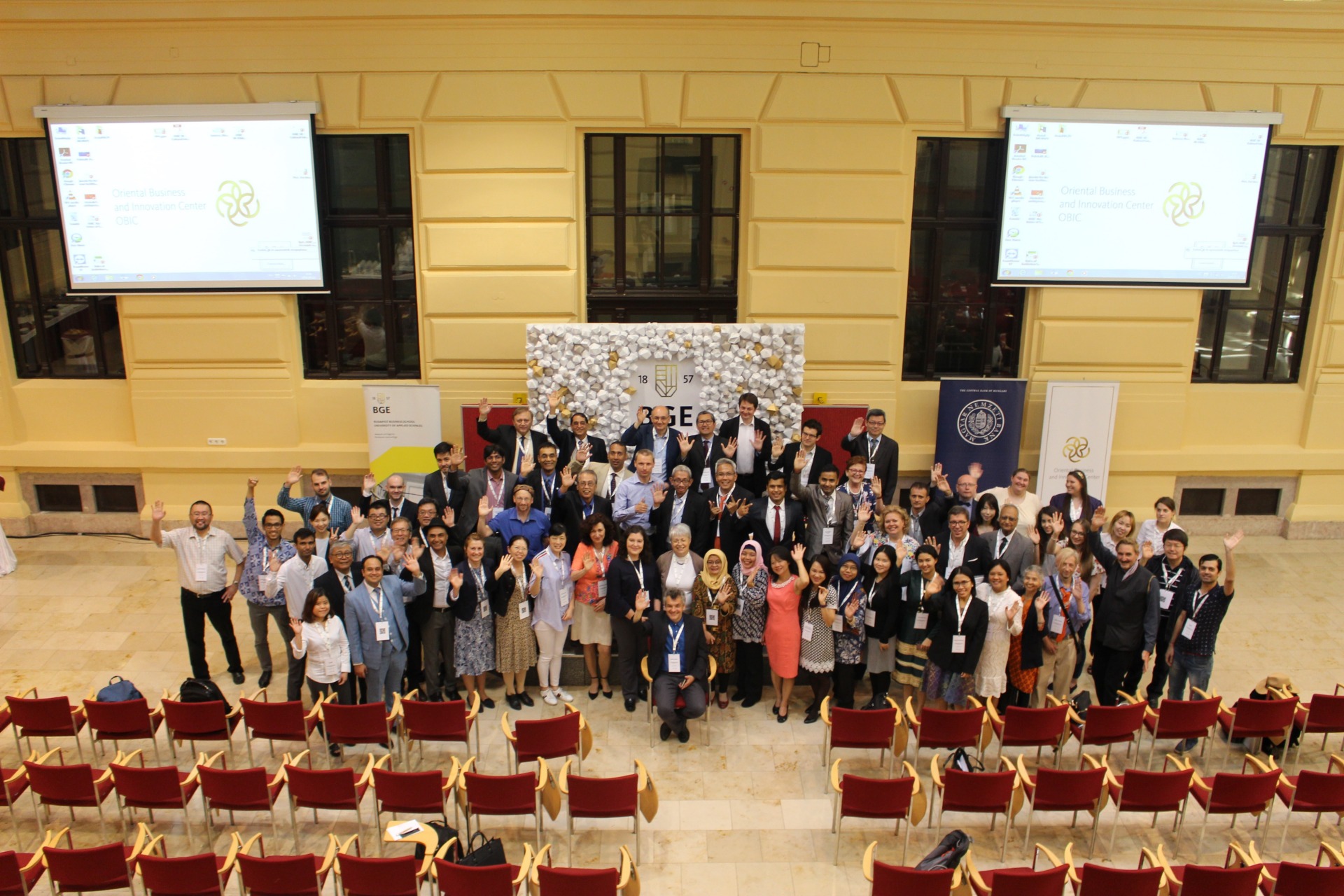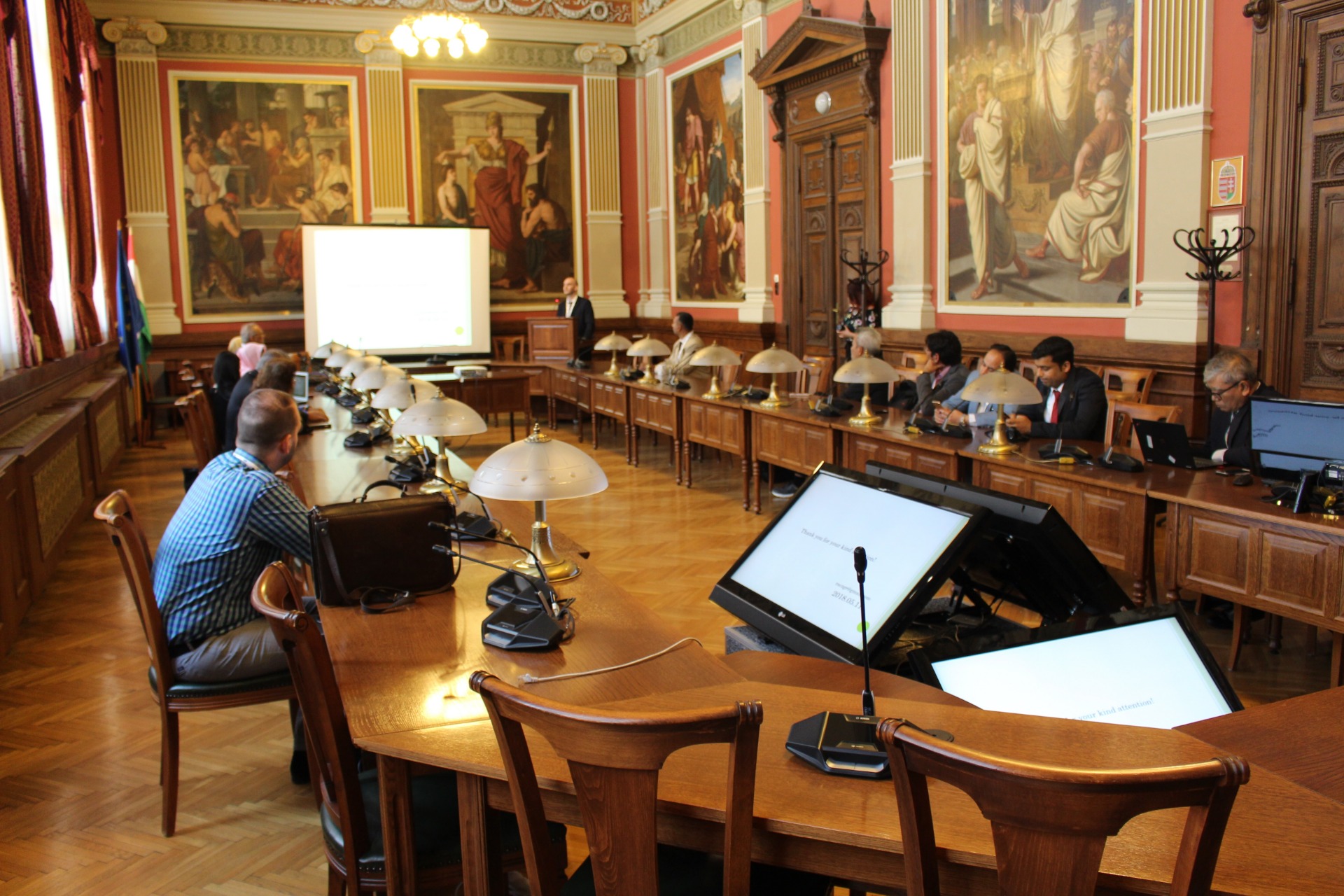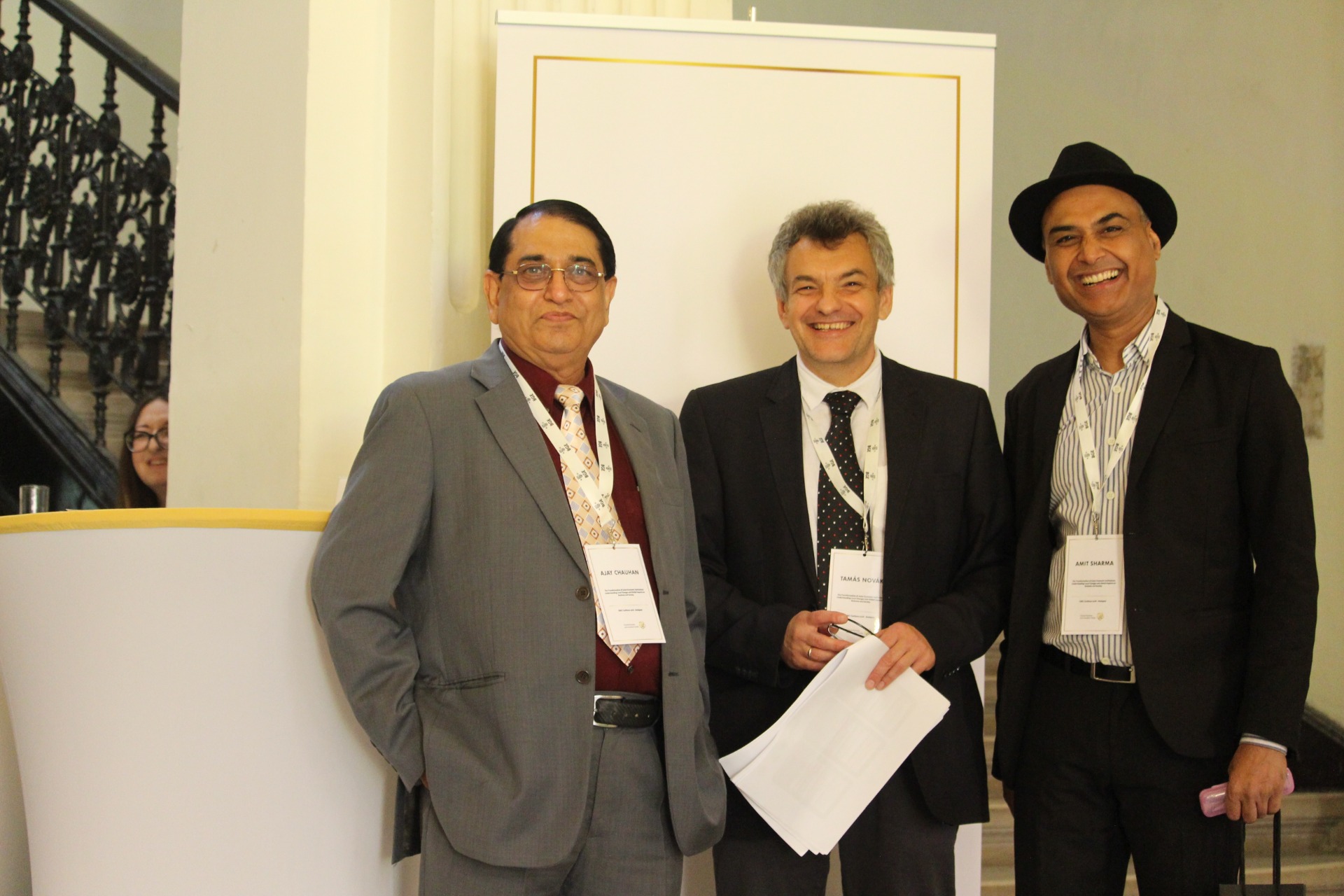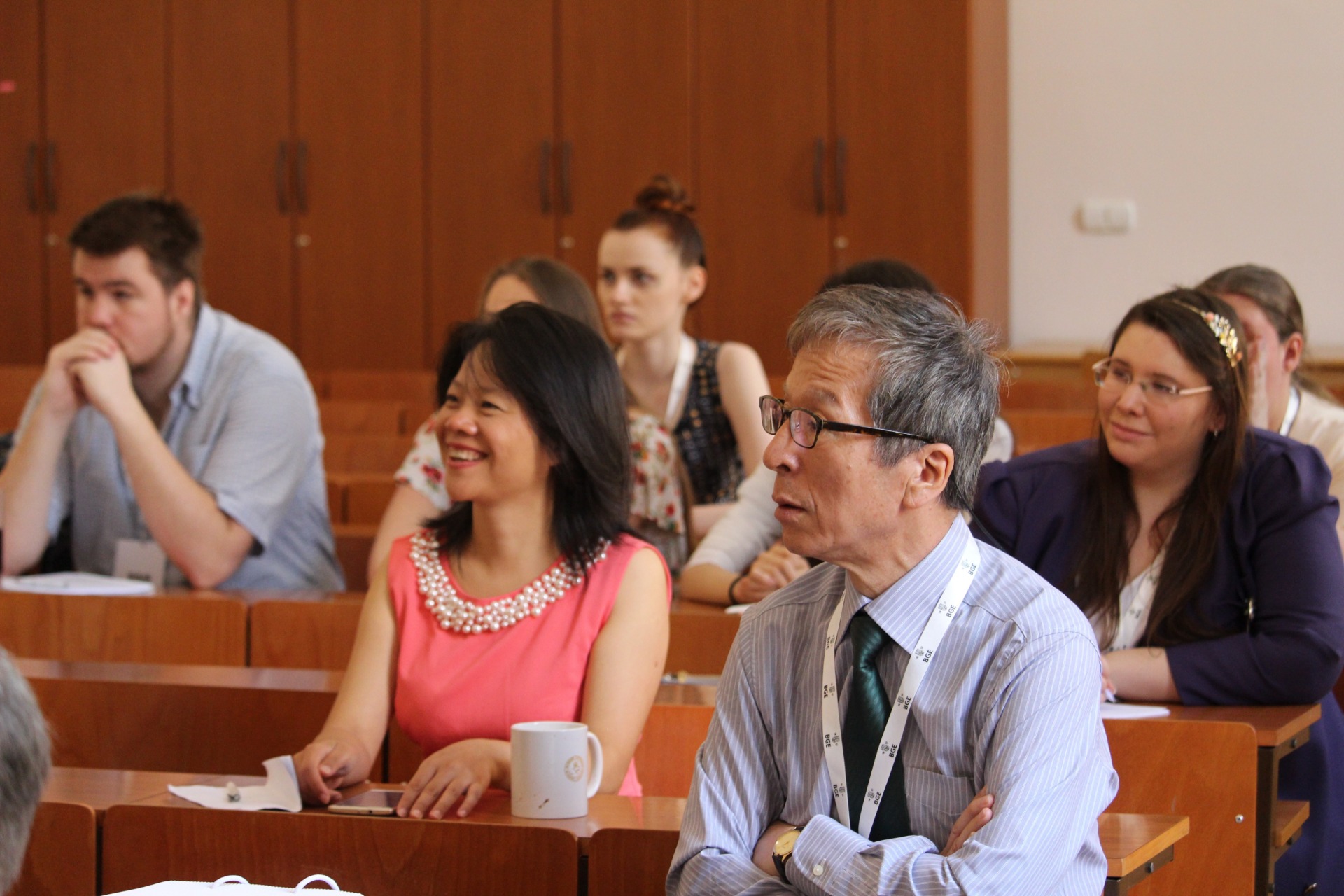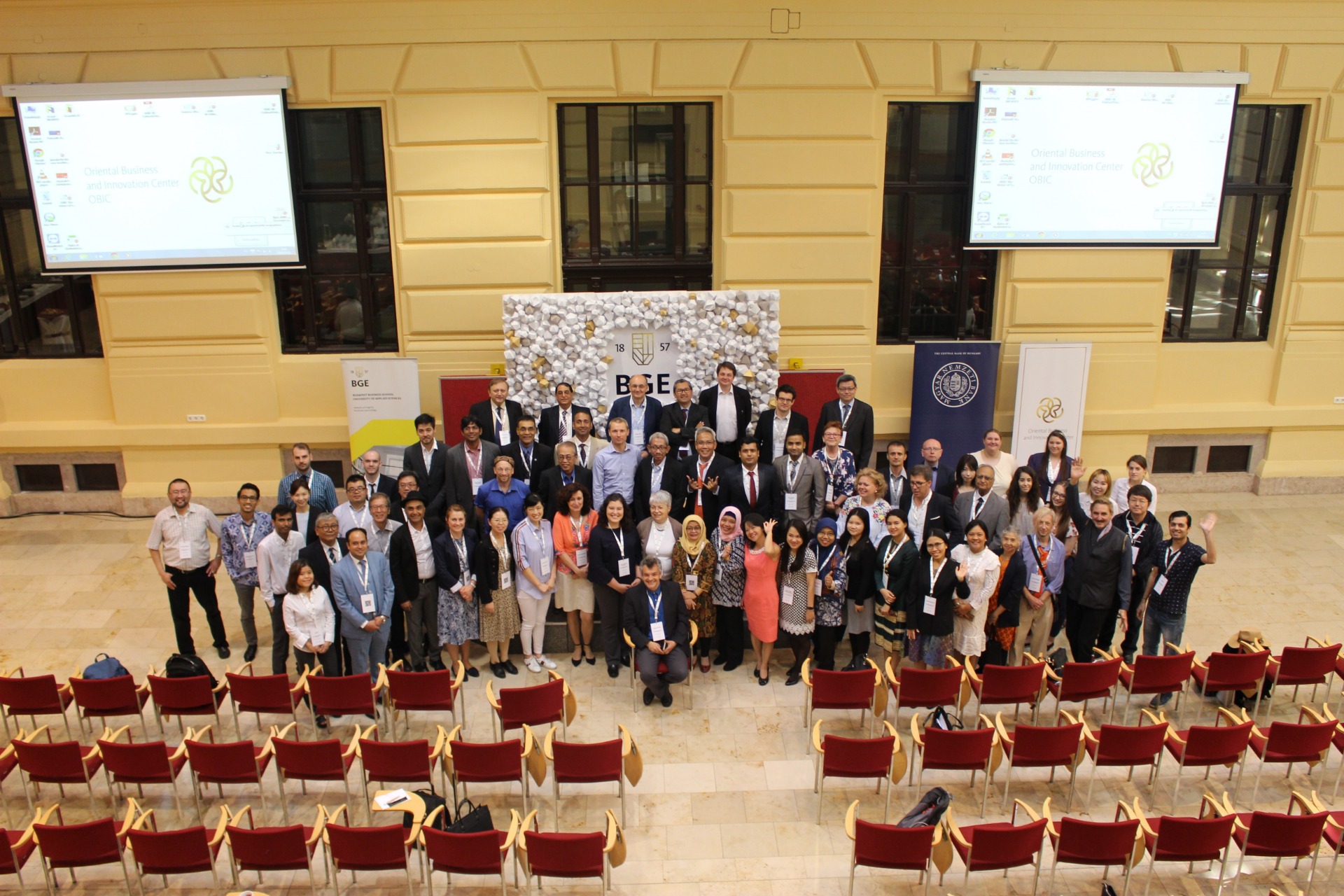OBIC Conference 2018
The Transformation of Asian Economic Institutions:
Understanding Local Changes and Global Impacts
on Business and Society
Budapest, Hungary
The Oriental Business and Innovation Center organizes its second international conference.
For further information on the conference, please visit the conference website.
Topic of the Conference
In the past few decades from Western perspective the economic institutions - the well-established arrangements, laws, common practices, organizations and structures of the society - have been confirmed to be key factors in understanding different development perspectives and successes or failures of countries. The main findings of the researches show that quality, stability and adaptability of economic institutions basically determine the long-term development and the efficiency and/or smooth functioning of a society. Incorporating new factors into the economic analysis makes it easier to understand why the same economic policy instruments have different outcome across countries and why economic institutions tend to operate differently than the predictions of economic theory. Economic institutions in Asia have been significantly different from the European or the American counterparts since they have been evolving under distinct historical and social conditions. Traditions, the underlying cultural patterns and values shaping these institutions have also been completely diverse. Thus, to apply economic theory that describe reality more accurately we should have a deeper sense and understanding of the operation of economic institutions.
Over the last three decades, globalization or economic internationalization has been key factors putting the economic institutions and thus societies all over the world under pressure. There have been several turning points which triggered the transformation in Asia, too. The first challenge came with the Asian Crisis in 1997/98, the second with the Global Financial Crisis of 2008, when the countries of Asia also realized that economic policies must be renewed, and fresh solutions must be found and applied. The financial sector, monetary and development policies, external actions, government agencies, entrepreneurial institutions, saving schemes, social security and pension systems all display the need for transformation. More recently the rapid digitalization and other technological developments accelerated the changes. As an external factor, the One Belt One Road Initiative raised questions in several countries. The challenges are not unique to the Asian region, but the speed and depth of transformational needs pose an unprecedented challenge for the Asian countries.
At the 2018 OBIC conference, the main topic is the transformation process of economic institutions in the East, South and Southeast Asian countries. The conference emphasizes the unavoidable change; hence, the focus is on the period after 1997, when the need for restructuring and adaption strengthened. Comparisons with other parts of the world are particularly encouraged. This year's conference is a venue for sharing knowledge and understanding of change in the region, for urging knowledge-based policies and advocating practical solutions to manage multidimensional challenges. We have a shared responsibility since the region's future is going to impact the future of the world, including Central Europe too.
The 2nd OBIC conference scientific committee invites individual papers and organizers of panel presentations. Individual abstracts and panel proposals will address one of the following areas;
Panel themes
- Development policies and financial inclusion in Asia
- Fiscal and monetary policies after 1997-98
- Changing cultural values and patterns that shape economic institutions
- Entrepreneurs, start-ups and families: doing business in a rapidly changing environment
- Digitalization, innovation ecosystems and new business models
- FDI and the role of value chains
- Objectives and possible impacts of the One Belt and One Road Initiative






